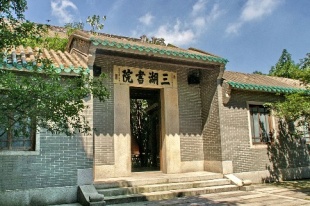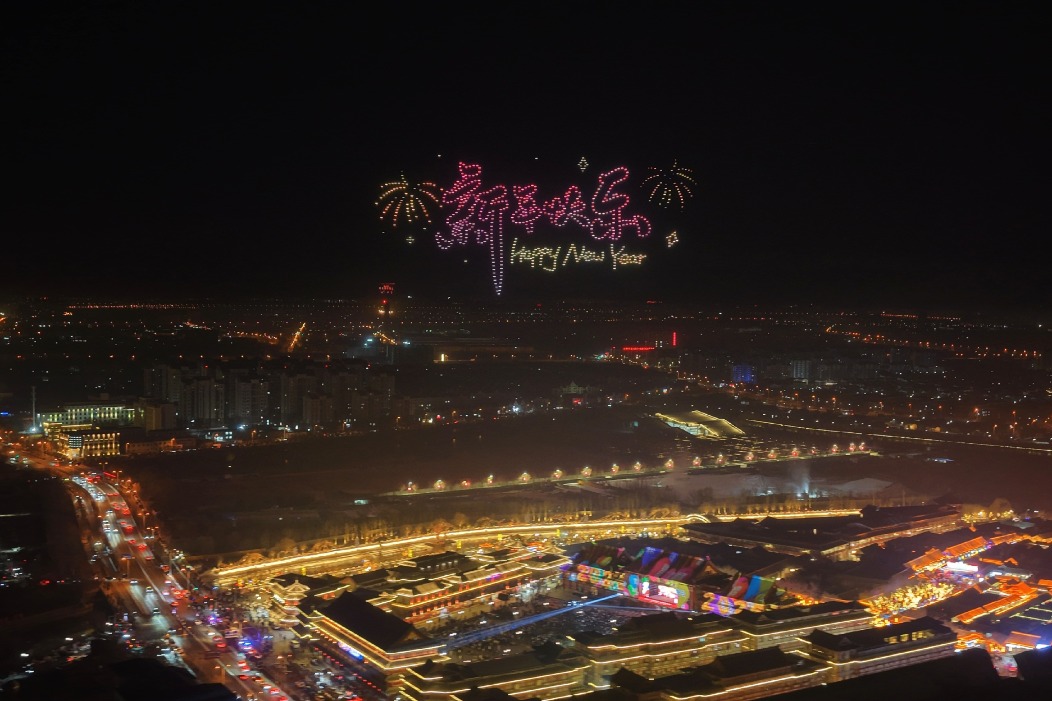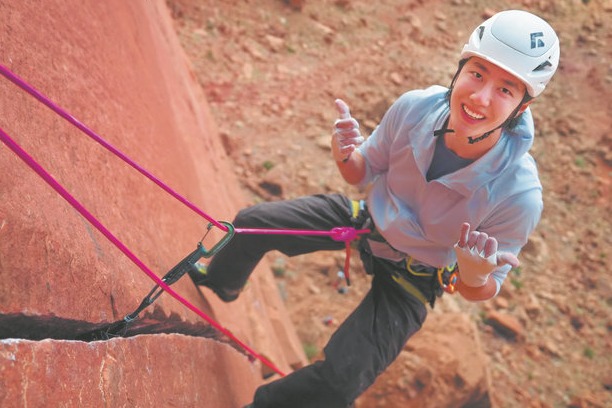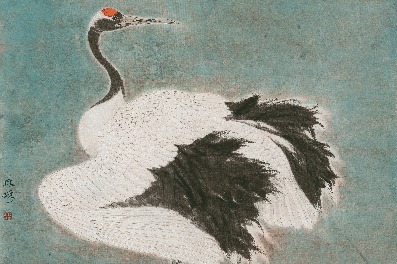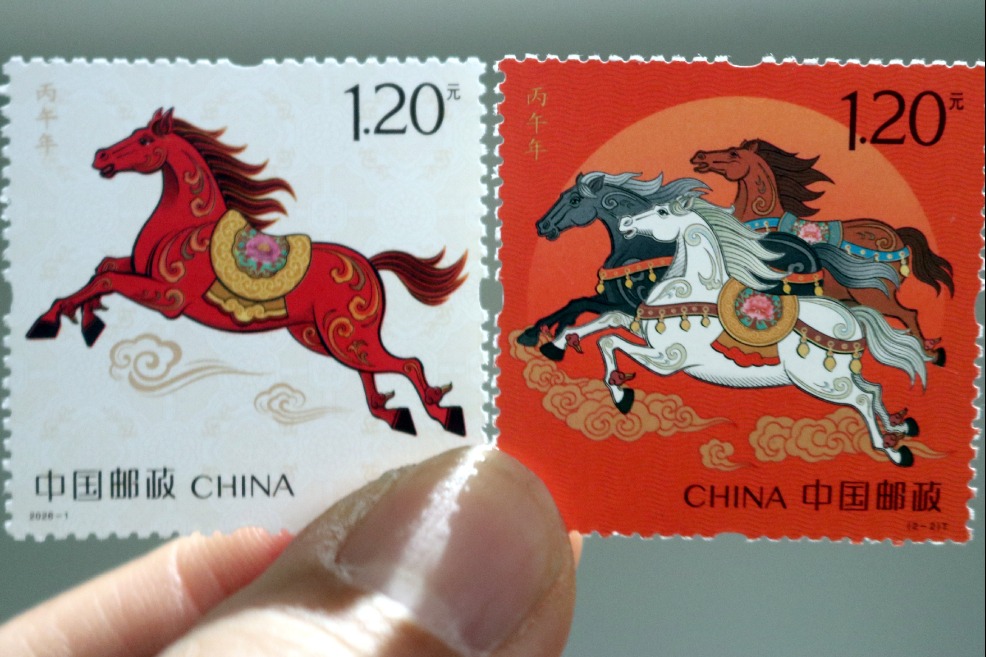Xiqiao Mountain: Hub for learning philosophy

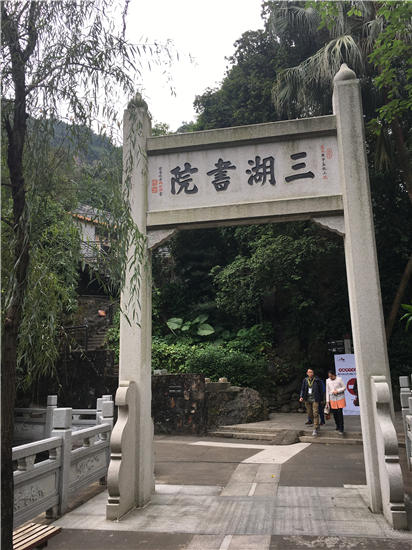
"We want to take this opportunity to tell people: Philosophy is not exclusive to academia, but it also has something for people at the grassroots."
According to Ren Jianmin, an associate researcher at Wen's institute, lixue was only popular among scholars before the mid-Ming Dynasty, but pioneers like Zhan unlocked its gates to the general public.
"For example, academies in Xiqiao began to accept a wider range of people if they were interested," Ren says. "The lectures here once attracted people like street vendors and woodcutters. Zhan told people everyone can be a sage."
Ren attributed the change to the fast growing economy of Guangdong at that time, which made scholars step out of their studies and make contact with a broader section of society.
Even today, there are villages near Xiqiao Mountain with centuries of history. They still have well preserved ancestral temples, reflecting the ethics and social orders greatly influenced by Neo-Confucianism.
Private academies on Xiqiao Mountain faded away from the early 17th century, but the spirit of their teachings has lived on.
"People here were nurtured to be inclusive and open-minded toward different ideologies," Ren says. "And, they were also taught to be patriotic."
Kang Youwei, a native of Xiqiao, is an example of a famous political reformer from the late Qing Dynasty (1644-1911). In 1898, he played a crucial role as a member of a think tank for Emperor Guangxu's short-lived reforms during a period of deep social crisis in China.

